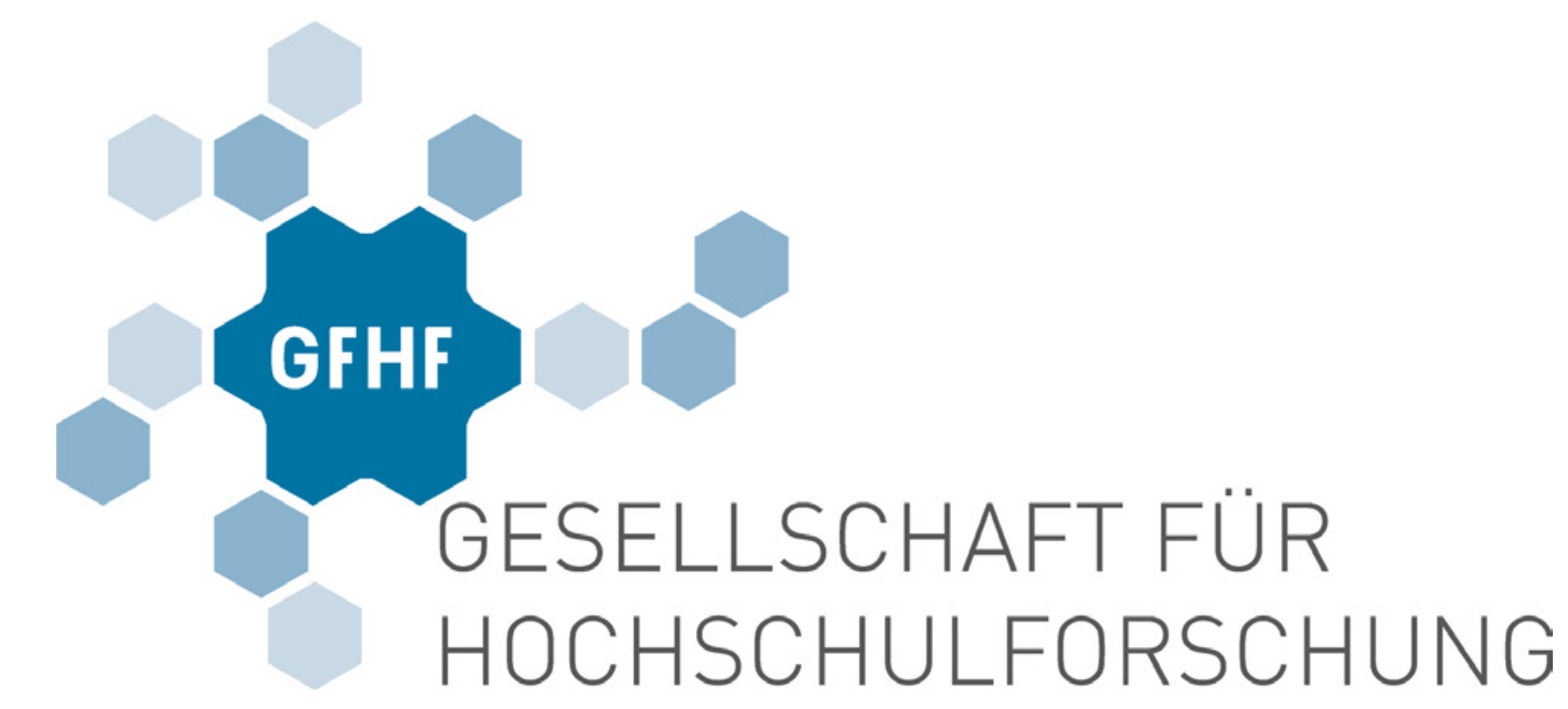Shweta Mishra1, Edith Braun2
1INCHER, Kassel; 2Justus-Liebig University, Gießen
The role of higher education is changing in response to increasing focus on creating ‘knowledge societies’ (Smith, Bell, Bennett, & McAlpine, 2018). Higher education institutions are now expected to not only train future academics but also increase employability of higher education graduates. This has essentially resulted in a shift from the ‘social/societal aspect’ of higher education to ‘economic aspect’ with an emphasis on enhancing ‘skills and competences’ of higher education graduates. This change in the overall goals and focus of higher education institutions has been a gradual process, mostly in response to the political and economic forces.
Against this background, the objectives of this paper are: 1) to map the changes in the role of higher education against the political and economic policies with particular focus on the massification of higher education, and; 2) to discuss its implications, in terms of defining and measuring employability gains (skills and competences) of higher education graduates. This will be achieved based on a synthesis/review of the literature through Web of Science and Google Scholar.
The changes in the role of higher education parallel the transformations in the broader political and economic forces. The relationship between higher education institutions and labor market was loosely coupled up until 1970s in Europe. However, since the creation of European Union in 1980s, there has been an increasing pressure on universities to enhance the employability skills of graduates. Higher education graduates with their specific skill sets are considered essential in enhancing the productivity and competiveness of economy (Harvey, 1999). Later, with the Bologna Process and its increased focus on widening access to higher education and two-tier structure intensified the role of universities in producing graduates with the appropriate skills and competences for labor market. The economic crisis of 2008 further accelerated this process.
This increasing focus on employability also changed the way how students’ skills and competences were defined and measured. Defining employability is complex and in doing so, scholars (e.g., Yorke, 2006; Braun & Mishra, 2016) often differentiate between core/key skills (e.g., communication, technical skills) and transferable skills (e.g., discipline specific). Harvey (1999) discusses employability in terms of desirable attributes (e.g., communication skills, extracurricular activities etc.). Thus, it is evident that employability could be defined in different ways. Furthermore, differences also exist between how universities and employers define employability, which makes the task of assessing these competences complex. Therefore, in this presentation we attempt to synthesize various definitions of employability, identify commonalities and provide innovative approaches, based on theoretical constructs, for measuring employability.
Video
Themenbereiche
- Englisch
Autoren
Downloads
- Für diesen Beitrag sind keine zusätzlichen Anhänge verfügbar
Slot
- T1 Vorträge 3 (14∶00 15∶15)
Teilen Sie diesen Beitrag
![]()

